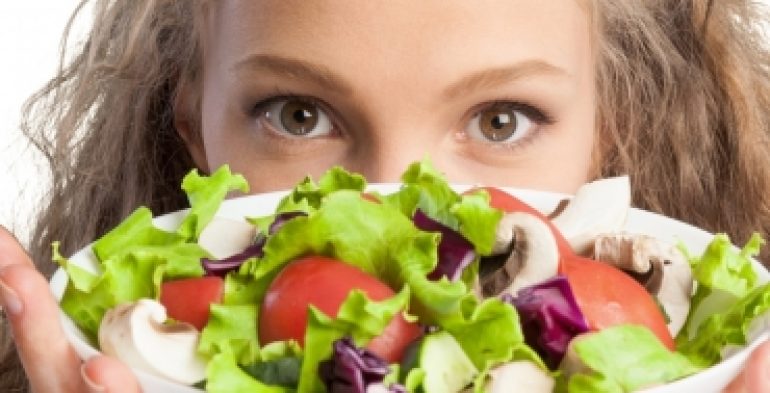
The 30 holy healthy days of Ramadan are characterized by following a healthy eating regime and taking these tips into consideration.
Drink a lot water and fluid to prevent body dehydration, as you are more prone to getting dehydrated since food and liquid consumption is stopped for 14 consecutive hours. Fasters should drink 1.5 to 2 liters of water daily, which includes soups, fresh juice, and milk.
Avoid fizzy drinks and traditional sugary Ramadan beverages such as licorice, kamareddine and jellab, which are high in sugar and loaded with unnecessary calories. Fizzy drinks also cause water retention.
Reduce caffeine intake gradually prior to fasting (3-5 hours) as it may keep you awake and dehydrate you even more the next day since it is a diuretic. Have one cup of coffee or tea 2-3 hours after iftar, then enjoy a cup or herbal tea at suhour time.
When cooking for iftar, cut down on fatty meats, stocks, gravies, creamy soups, and full fat dairy products.
Do not overeat at your meal – Fasters are susceptible to overeating at iftar time. Make sure to pace yourself while eating as the stomach requires around 20 minutes to notify the brain that it is full. Overeating at a meal causes headaches, stomach discomfort, indigestion, and an irritable bowel.
Get active! It is necessary to burn calories and move around during Ramadan. It is recommended that you break your fast with something light, exercise moderately an hour later for half an hour, and then come back for the main meal.
Don’t skip meals especially your suhour meal, as it is essential. Fasting for 12 to 18 hours lowers the body’s basal metabolic rate and lowers the sugar level in the blood, which can trigger headaches and sugar cravings. The body may also get used to burning fewer calories, which makes you more prone to weight gain.
You should consume at least five portions of fruit and vegetables daily to get the required daily amount of fiber to prevent constipation, and to get their body’s needs of vitamins and minerals.
Consume whole grains (bread, oatmeal, cereals, granola, muesli) should be the source of carbohydrates as they are rich in fiber and reduce hunger by keeping you full throughout your fast, and maintain your sugar levels in the blood.
If you would like to have a traditional Ramadan sweet, have one small piece ONLY.
A Healthy Ramadan Menu
IFTAR:
1.Two to three small dates
2.One bowl of non-creamy soup (free of stock)
3.A small plate of fattoush (with a sprinkle of toasted bread)
4.One baked cheese pastry (sambosek)
5.A moderate portion of rice with meat or chicken (skinless chicken breast, beef fillet)
6.Snack 1: One fresh fruit
7.Snack 2: Muhalabiyah or pudding, prepared with low-fat milk and low-fat cream
Make sure to pace yourself while eating. You may choose to break your fast with dates, a soup, and a green salad then have the main meal 1-2 hours later.
SUHOUR:
1.Two slices of wholegrain bread or cracker bread + 1 egg and 30-40grams of white cheese (low in salt)
2.1 fresh fruit
3.1 small cup of yogurt or milk
4.1 cup of herbal tea








